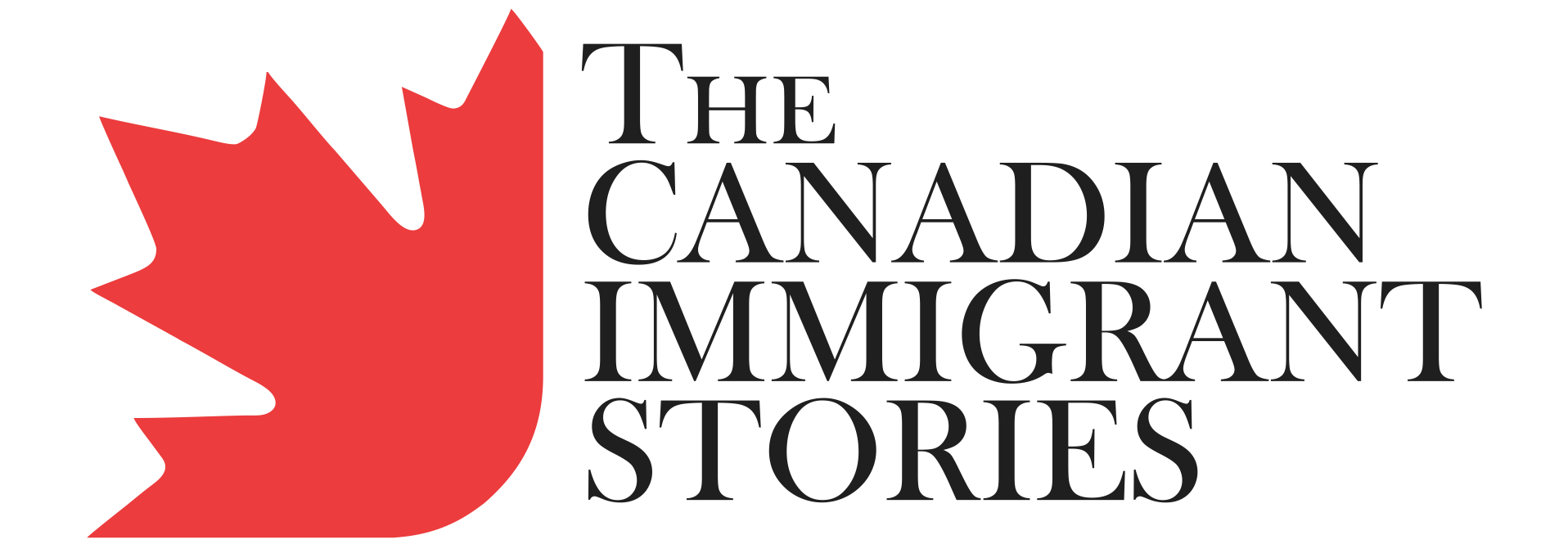Creating and maintaining a budget is essential for managing your finances effectively. It helps you understand where your money goes, prioritize savings, and achieve your financial goals. Here’s a detailed guide to help you navigate the process of budgeting for a comfortable life in Canada:
Importance of Budgeting
A budget serves as a financial roadmap, guiding your income towards savings and expenses. It becomes particularly crucial if:
- You’re uncertain about your current spending patterns.
- Saving regularly is challenging.
- Managing debt payments feels overwhelming.
- You feel stressed or out of control regarding your finances.
- You aim to optimize your financial resources.
- You’re preparing for a significant purchase or life event.
Benefits of Budgeting
Implementing a budget can help you achieve several financial objectives:
- Setting Spending Limits: Establishing boundaries on expenditures helps prioritize essential expenses and discretionary spending.
- Debt Management: It provides a structured approach to paying down debts efficiently.
- Cost Reduction and Savings: Identifying areas to cut costs enables increased savings and better financial security.
- Living Within Means: Ensures that expenses align with income, preventing overspending and debt accumulation.
- Reducing Financial Stress: A well-managed budget reduces anxiety about finances and promotes financial stability.
- Aligning Spending with Priorities: Allocating funds towards what matters most to you enhances satisfaction and fulfillment.
- Financial Control: Provides a sense of empowerment and control over financial decisions.
Preparing to Make a Budget
Before creating your budget, consider these preparatory steps:
- Define Financial Goals: Identify both short-term and long-term objectives. Include goals such as debt repayment, savings for emergencies, homeownership, education, or retirement planning.
- Emergency Fund: Build an emergency fund to cover living expenses for 3 to 6 months. Start small but consistent contributions to gradually reach your target amount, reducing financial stress and avoiding debt cycles.
Understanding Spending Habits
Tracking your expenses is fundamental to understanding your financial habits:
- Expense Tracking Exercise: Monitor all expenditures for 1 to 2 months, from groceries to daily purchases like coffee.
- Bill Tracking: Record bills such as utilities and subscriptions during this period.
- Categorize Expenses: Differentiate between “needs” (essential expenses like housing, food, and healthcare) and “wants” (discretionary spending on luxuries or non-essential items).
Making Your Budget
Utilize effective tools to create a practical budget that suits your lifestyle:
- Budget Planner Tool: Use online tools like the Budget Planner to customize and save your budget. It offers guidance, tips, and visual representations of your financial data.
- Steps to Budgeting:
- Step 1: Income, Savings, and Expenses: Gather recent pay stubs, bills, and account statements. Input income sources, savings contributions, and various expenses into designated categories.
- Step 2: Review Results: Evaluate average spending guidelines and alerts provided by the tool. Adjust categories where necessary to align with your financial goals and lifestyle.
- Step 3: Next Steps: Follow personalized suggestions offered by the tool based on your budget data. These recommendations help optimize spending and savings strategies.
Tips for Maintaining Your Budget
To effectively stick to your budget and refine it over time, consider these strategies:
- Receipt and Bill Retention: Keep records of all receipts and bills for accurate expense tracking.
- Stick to Your Budget: Limit spending to budgeted amounts whenever possible.
- Update Regularly: Adjust your budget for any income changes, expense variations, or unexpected costs.
- Monthly Review: Compare actual spending with budgeted amounts regularly. Analyze discrepancies and adjust budget categories as needed.
- Evaluation and Adjustment: Assess budget performance periodically. Make adjustments to ensure it reflects your current financial situation and goals.
Conclusion
By establishing and maintaining a budget, you empower yourself to manage finances effectively, reduce stress, and achieve financial milestones. Regular monitoring and adjustments ensure your budget remains realistic and aligned with your evolving needs and priorities. Through disciplined budgeting, you pave the way for financial stability and comfort in Canada, enabling you to enjoy a secure and fulfilling life.



